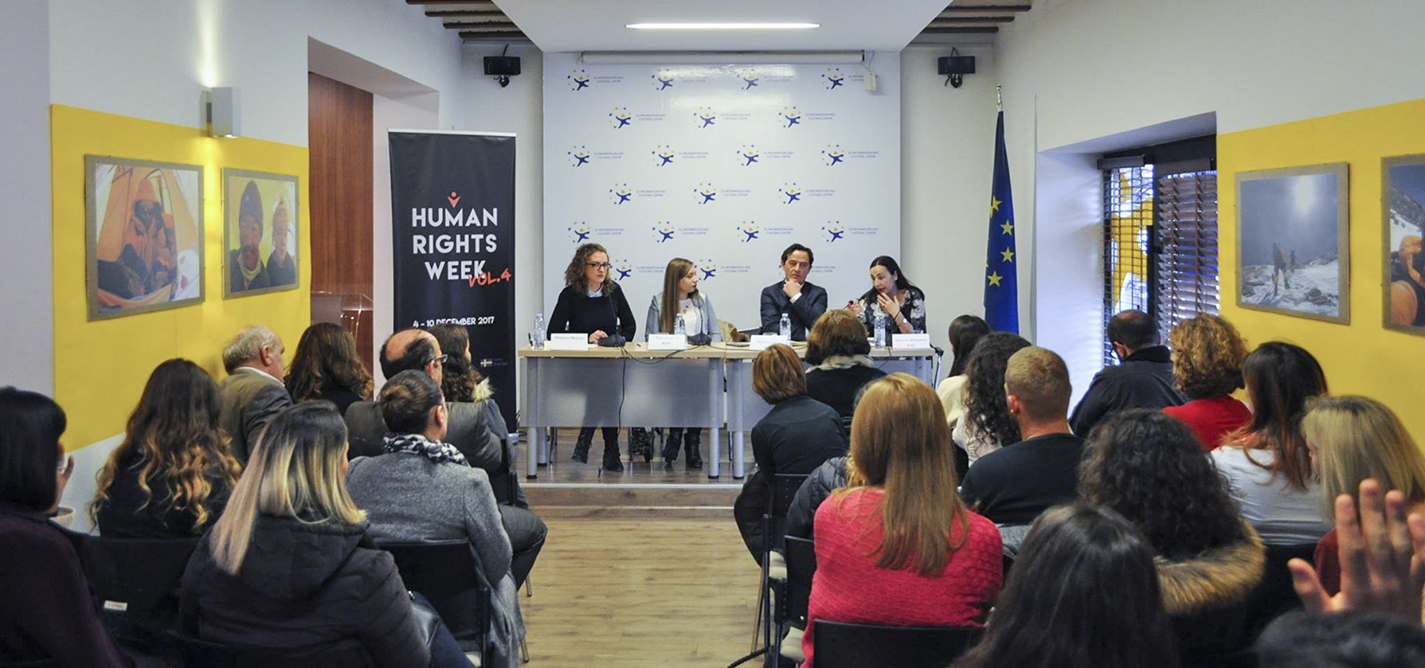
Unequal access to education
Disabled children’s right to education is their most violated right.
In school books people with Down Syndrome are still defined as people with 'Mongolian idiocy,' which is an offensive term.

Ngadhnjim Avdyli
Ngadhnjim Avdyli is a former K2.0 staff journalist, covering mainly politics, governance and social justice issues. He has a degree in journalism from the University of Prishtina.
This story was originally written in Albanian.